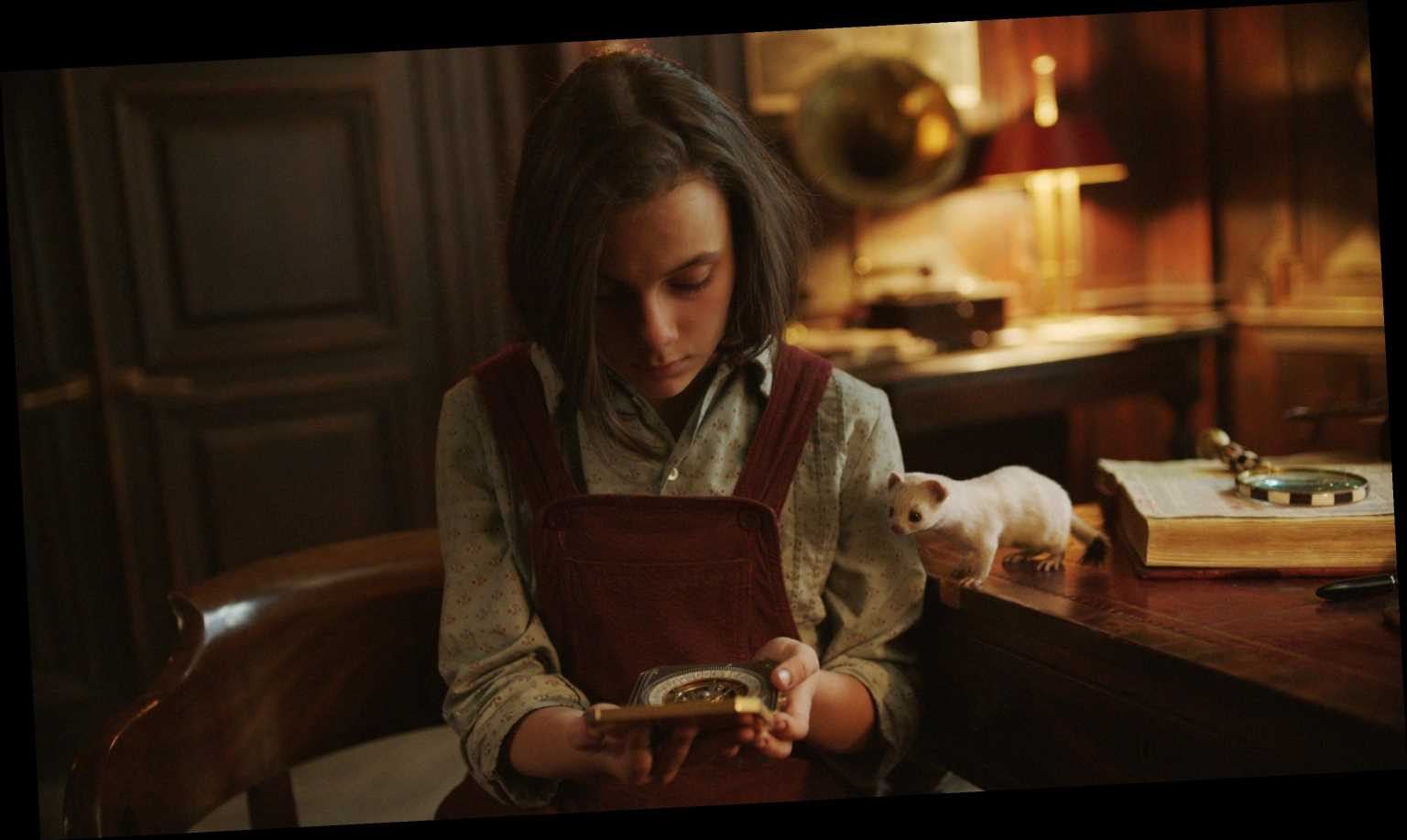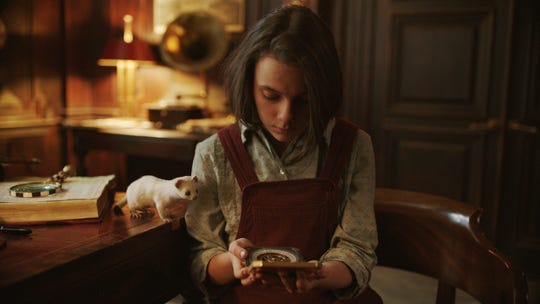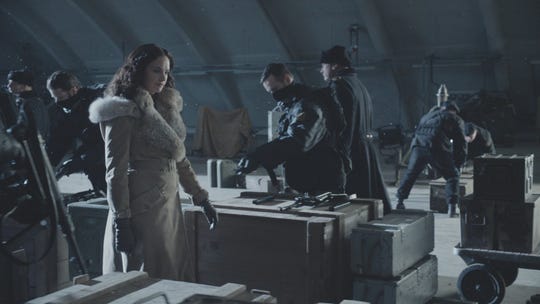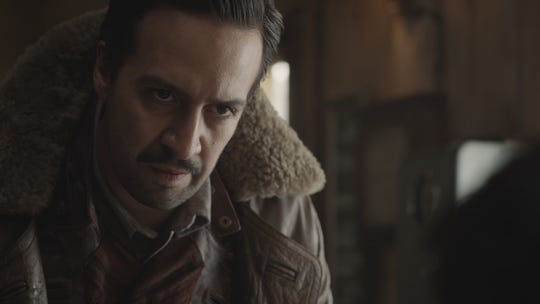“His Dark Materials” is a book trilogy that furiously resists screen adaptation.
One of the central conceits of Philip Pullman’s beloved fantasy novels is the idea that all humans’ souls live outside their bodies as animals (called “daemons”).
The books also contain a talking, armored polar bear king who befriends humans; a fierce critique of organized religion, depicted as an evil organization known as the Magisterium; and parallel worlds. But they tell a beautifully written coming-of-age story that tackles themes of identity, abuse of power and the fundamentals of love.
In 2007, Hollywood adapted the first book, “The Golden Compass,” for the big screen in a commercial and critical flop that reflected little understanding of the style and tone of the books. The film had many problems: The computer-designed bear was particularly bad, for sure, but fundamentally the story was given a Hollywood makeover that was less controversial (although religious groups still protested) and far rosier than the books ever set out to be.
Dafne Keen as Lyra in "His Dark Materials." (Photo: HBO)
It’s important to know the history of “Materials” to understand how disheartening HBO’s new adaptation of the books (Monday, 9 EST/PST, ★★½ out of four) seems for fans who know the story’s potential. And the show will be lost on new viewers who will find the series confusing.
In the similar but vaguely steampunk world where TV’s “Materials” begins, we meet Lyra (Dafne Keen) , a girl living as a ward at Jordan College, a fictional part of Oxford University that is sheltered from the all-powerful Magisterium that rules over much of the world. Lyra’s uncle, Lord Asriel (James McAvoy) is poking at the Magisterium, researching an unknown substance called dust that strikes fear and shouts of “heresy” in the hearts of adults but steers clear of children.
In the midst of Asriel’s research and a sudden plague of vanishing children, Lyra is taken in by Mrs. Coulter (Ruth Wilson), a glamorous and powerful woman who oozes both likability and nefarious intent in her every word. When Lyra discovers that Mrs. Coulter is not what she seems, she eventually strikes out on her own, with help from some friends (including, eventually, Lin-Manuel Miranda), to find the missing children, including her friend Roger (Lewin Lloyd).
Ruth Wilson as Mrs. Coulter in "His Dark Materials." (Photo: HBO)
It’s not that “Materials” is bad – it has some strong performances against a gorgeous computer-animated backdrop (the bear looks pretty darn good this time). Wilson is exceptionally good in her role, adding layers to what could be a one-dimensional villain.
Keen is as likable here as she was in superhero film “Logan,” but in the few episodes made available for review, the series struggles to give Lyra a voice or any agency. Events happen to her, adults explain things and she goes along for the ride. It’s jarring to suddenly see her in Episode 4, finally initiating conversation and conflict, clearly an aspect of the character meant to be inherent in her all along.
The series awkwardly pauses scenes to explain convoluted plots but remains hard to parse unless you’ve read the books, a cardinal sin for any adaptation. Lyra moves from place to place excruciatingly slowly, yet the story races ahead far too quickly, introducing every new fantasy element before fully explaining the one before it.
Lin-Manuel Miranda as Lee Scoresby in "His Dark Materials." (Photo: HBO)
Eventually, near the end of the fourth episode, “Materials” finds its rhythm, and here’s hoping that episodes to come will live up to their potential, now that the groundwork has at last been laid. But there are more than 500 TV shows on the air right now, and this one tests the patience of even Pullman’s loyal fans. Given the choice between the HBO series and the trainwreck of a movie, I’d take the new one, but that’s an extremely low bar to clear.
Source: Read Full Article



